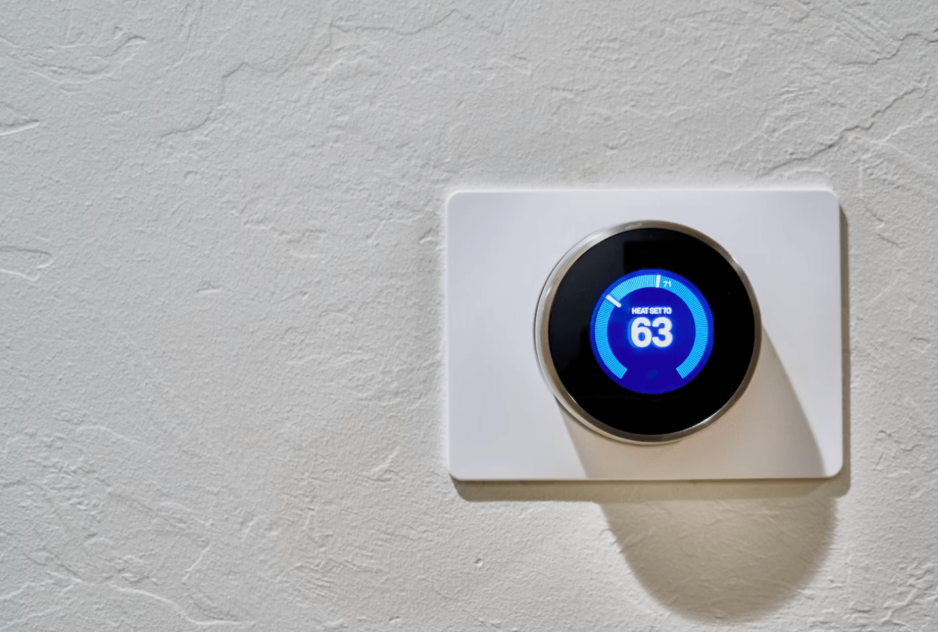Acting on Smart Meters & Radiation
In the age of digital transformation, smart meters have become a common feature in many households. These devices, used for measuring utility consumption such as electricity, water, and gas, are lauded for their efficiency and convenience. However, there is a growing body of research suggesting that smart meters pose significant health risks due to their emission of electromagnetic field (EMF) radiation.
Smart meters operate by creating pulsed radiofrequency (RF) emissions, which enter the house’s electrical system, effectively transforming the entire house into a radiating RF antenna. This RF radiation is biologically active and is absorbed into our bodies, raising concerns about its potential health impacts.
The American Cancer Society has acknowledged that smart meters emit low-level RF radiation and could potentially contribute to the risk of cancer. However, they also note that the amount of RF radiation you could be exposed to from a smart meter is much less than what you could be exposed to from a cell phone – but it can contribute to the compounding effect. Despite this, the intermittent and constant nature of smart meter RF emissions in homes is a cause for concern.
The Environmental Health Trust (EHT) provides a comprehensive overview of the health risks posed by smart meters. They highlight that most smart meters are designed to emit RF radiation, which increases the overall density of manmade pulsed RF radiation both outdoors and indoors. This exposure is not limited to humans; it also affects wildlife, with research showing negative impacts on bees, birds, and other organisms.
The EHT also points out that smart meters can generate “dirty electricity,” a form of electrical pollution that travels through the electrical wiring and metal pipes in your home. This dirty electricity is a biologically active, penetrating electromagnetic physical agent, which could potentially cause health issues.
Symptoms reported by people after the installation of smart meters include sleep disturbances, rashes, hyperactivity, changes in children’s behavior, high blood pressure, endocrine problems, thyroid problems, facial flushing, nausea, flu-like symptoms, body pain, leg cramps, cardiac symptoms, heart palpitations, heart arrhythmias, dizziness, fatigue, physical weakness, difficulty concentrating, memory loss, learning problems, ringing in the ears, and headaches.
Given these potential health risks, it is imperative to take immediate action. Many communities have successfully halted the smart meter rollout in their area and have opted for analogue meters instead. In some cases, individuals have been successful in getting opt-out fees dropped after litigation.
So, while smart meters offer certain benefits, it is crucial to consider the potential health risks associated with their use. As consumers, we should have the right to choose whether or not we want a smart meter in our homes. It is essential to stay informed, understand the risks, and take action where necessary to protect our health and wellbeing.

